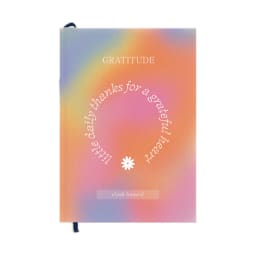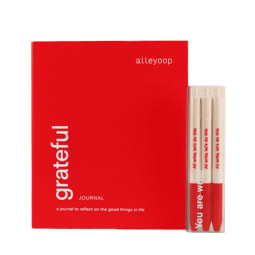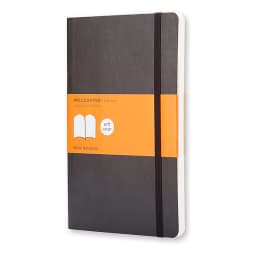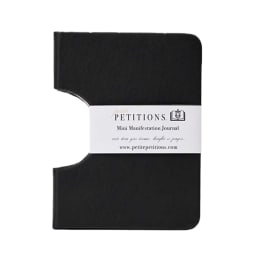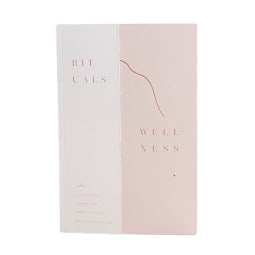The idea is that by keeping a regular log of the people, places, and things that you are grateful to have in your life, you train your brain to look out for these positives instead of dwelling on the negative. “The way gratitude journaling works has been described as an ‘upward spiral,’” licensed clinical psychologist Elena Welsh, Ph.D., tells mbg. “The more you make the link between these positive moments being something to be thankful or grateful for, the more you will experience the related positive thoughts and thereby increase and intensify your emotional experience of being grateful.” For the purpose of this article, we’ll focus on the act of writing about gratitude in a journal, though it’s important to note that you can express your gratitude in other ways too, such as thinking about it, speaking it aloud, or scribbling it down on a computer or Post-it notes. Research shows that in doing so, you can relieve stress, improve mood, strengthen social ties, gain confidence, and more. While it’s easy to get swept up in the minutiae of our day-to-day routines, gratitude journaling gives us the opportunity to zoom out. “Writing out your feelings around the powerful energy of gratitude can help you rise up and beyond the fluctuations and ups and downs of daily life. And so in this way, gratitude journaling can help you to really put your life into perspective,” Snyder adds. In turn, she adds, gratitude journals can help us home in on positive experiences in the future. “They can help you to not gloss over ’the little things’ i.e., the things our brain might tend to overlook because we’re wired to seek out threats and attempt to protect ourselves from them.” “Research shows that this practice can improve your confidence, help you with better problem solving as you move through the day, help you get better sleep, and even change your hormonal activity when you can frame your experiences with more balance and less catastrophe,” adds Abrams. “A gratitude practice can be really honest and even name how you wish you’d feel,” she explains. “For example, ‘I wish I could feel great about this event tonight and I hope I feel better by 5 p.m., but right now I’m a little nervous about my speech’… It’s OK to not feel grateful as your only feeling. You can be truthful, tell the whole story, and offer yourself an optimistic outcome.” “What is fear teaching me about what I value? What is worry telling me about my life and what is going right and what is going wrong and what my dream is? If I approach those emotions as protective and informative, I have a very different way of dealing with them,” Suzuki explained.







